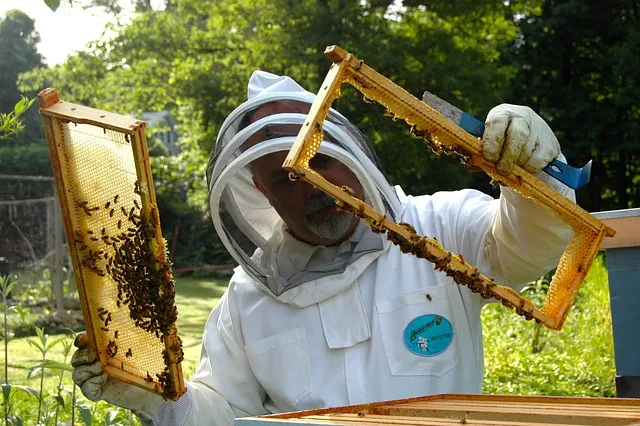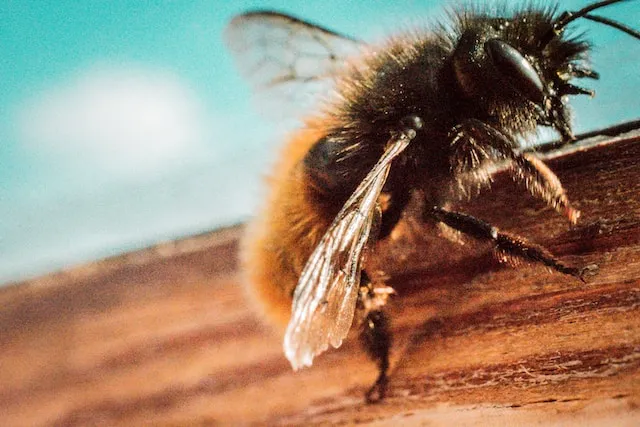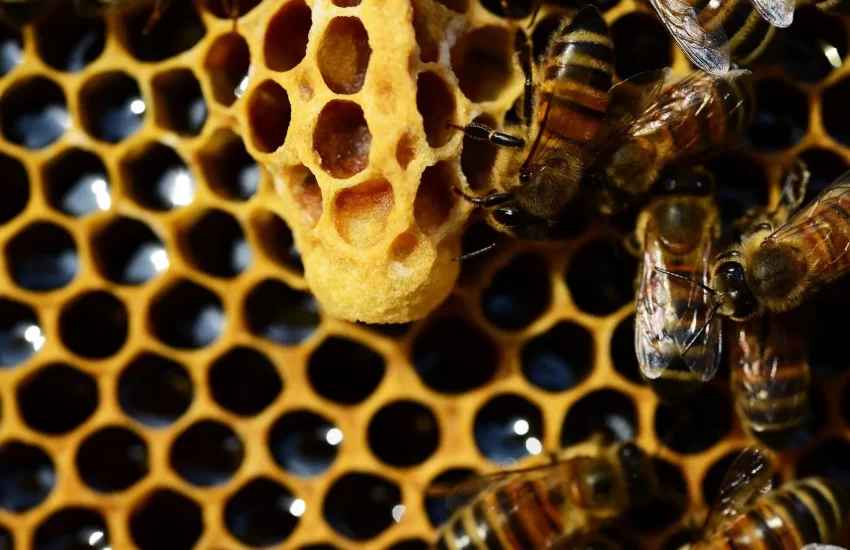Do bees recognize their owners?
Honey bees are famed for their exceptional skills in making honey and other products, living in a colony with organized social groups with different roles and painful stings. They are also responsible for pollinating one-third of the food that we eat. Given their supernatural skills, some people wonder whether they can recognize their owners who carry routine inspections, feed them, and steal some honey.
Similar Articles you may like to read –
Interesting Facts About Honey Bees
How far do honey bees travel from the hive?
Do Honey Bees Stay In The Same Nest Every Year?
Are bees active at night?
Do Bees Fly In The Rain? Where Do Bees Go When It Rains?
Do bees recognize their owners?
Honey bees can remember and recognize human faces, although they do not need to. This is amazing since bees have 0.01% of what human beings have. The recognition comes with repeated interactions although they don’t see as humans do.
One study that involved pairing images of human faces with sweetened water showed that they remembered the faces linked to the sweet reward.
They are also able to recognize and go back to flowers that give more pollen and nectar. Guard bees, workers responsible for maintaining the security of a hive, rarely touch their beekeepers, while newcomers get all the attention from them. This may be due to a specific beekeeper’s odor that they associate with past events.
They usually get stimulated by the presence of beekeepers when they feed them with sugar solutions. They create a bond with humans who take good care of them and tend to be calmer with them around the hive.
Do bees remember human faces?
Honeybees have complex face-processing expertise, which continues to develop and evolve. While humans need to recognize faces to interact, it may not be necessary for honey bees. Research reveals that honey bees use visual processing mechanisms similar to humans. Although they have very few neurons compared to those of human beings, they can recognize faces the same way humans do.
They use a technique known as configural processing, putting together the components of the face( eyes, nose, ears, and mouth). They then design a recognizable pattern depending on differences in facial features. They have exceptional skills in recognizing patterns.
Do bees recognize places?
Honey bees have a significant memory of a place. Once they enter a new location, they take their time to orient themselves, taking note of the landmarks. If their hive is moved, they will still trace the original place where the hive was placed.
More articles you may like to read –
Do Bees Feel Pain?
Do Bees Have Feelings
What smell do bees hate?
What Is The Biggest Problem For Bees? Threats To Honeybees
They can fly back straight home after taking complicated routes through thick vegetation while foraging. Surprisingly, they can forage up to a five-mile radius and still easily find their home. They do this by using landmarks and features such as fences, buildings, bushes, and trees. Once the orientation map is set in their memory, they don’t re-orientate again unless they move to a new location.
Are bees keen on colors and scents?
Floral scents and scents will attract bees. The bees will buzz around you, thinking you are a flower full of nectar. Surprisingly, they are also attracted by the sweat odor. Wearing their favorite colors, blue, purple, and yellow, will also draw them to you.
Are Bees Friendly?
Bees aren’t like pets that you can cuddle or play with, but they can learn to recognize familiar human faces. However, whether bees are considered “friendly” depends on how they perceive you. Bees are generally not aggressive and will only sting if they feel threatened or provoked. With proper handling and care, beekeepers can build positive associations with their bees over time. They can learn to work with bees calmly and gently, minimizing stress for both the bees and themselves. While bees may not show affection in the same way as other animals, they play a crucial role in pollination and agriculture, making them valuable allies to humans.



